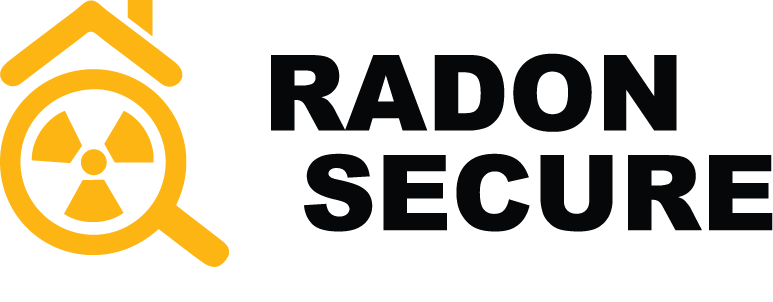
FAQ

Is Radon Dangerous?
Breathing increased levels of radon increases a person’s chance of developing lung cancer. In fact, Radon is linked to 21% of lung cancer deaths in the Kingston area. It is the leading cause of lung cancer in non-smokers, and the second leading cause of lung cancer after smoking. Smokers are actually more than twice as likely to get lung cancer if they live in high radon environments for prolonged periods!
What is Radon?
Radon is a tasteless, odourless and invisible radioactive gas that results from decaying uranium.
How does radon get into homes?
Radon filters up from the ground and into the air. It can enter buildings through openings where the buildings contact the ground. In the outdoors, radon is diluted to low levels. Inside buildings, however, radon can build up to harmful, concentrated levels.
Who is at risk?
Everyone is at risk for radon inhalation, and any building that has contact with the ground has the potential to have high radon levels, including houses, apartments, schools, daycares, warehouses and commercial spaces.
What can you do?
No building is radon free. By hiring a C-NRPP certified Radon Measurement Professional, such as Radon Secure, to measure radon levels in the air, or doing the tests yourself, you are taking the first steps of preventing lung cancer in your family or occupants of the building.
If a test reveals elevated levels of radon, Radon Secure can help you identify the best radon mitigation solution for your space. They will design an effective system, install it according to proper protocols and follow up with a test to ensure the system’s effectiveness in reducing radon levels immediately after installation.
Is Radon mitigation covered under my Tarion Warranty?
Yes, if your home (Ontario) is less than 7 years old and covered under the Tarion Warranty, you could be covered for 100% of the cost up to $15,000 to reduce your radon levels – more if you signed a new home purchase agreement after Feb 01, 2021. To qualify, Radon measurement and mitigation must be done by a licensed professional.
What is a safe level of Radon?
Experts agree that no level of radon exposure is safe. However, prolonged exposure to elevated levels significantly increases the risk of getting lung cancer. Here are some measures used to assess Radon concentrations:

